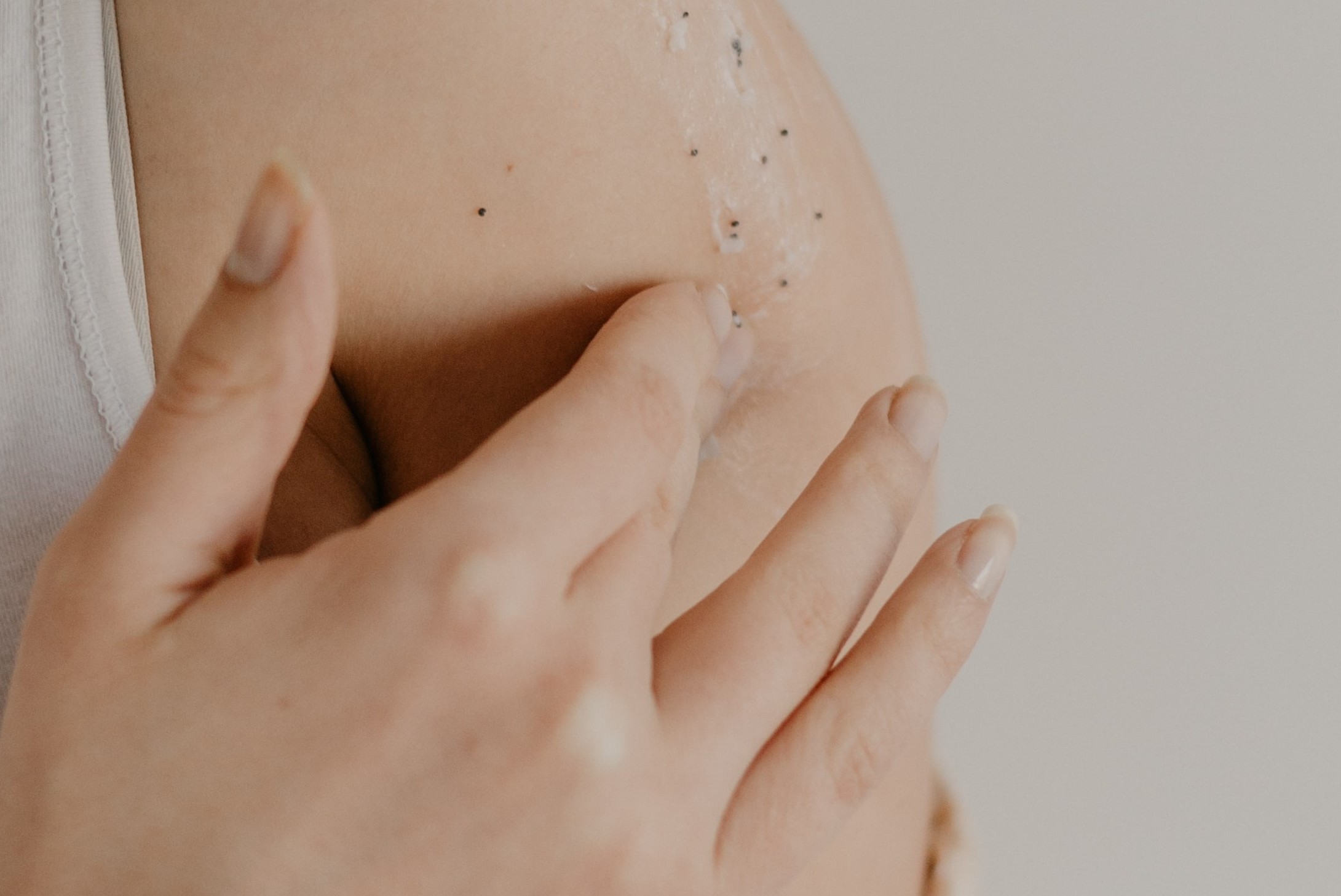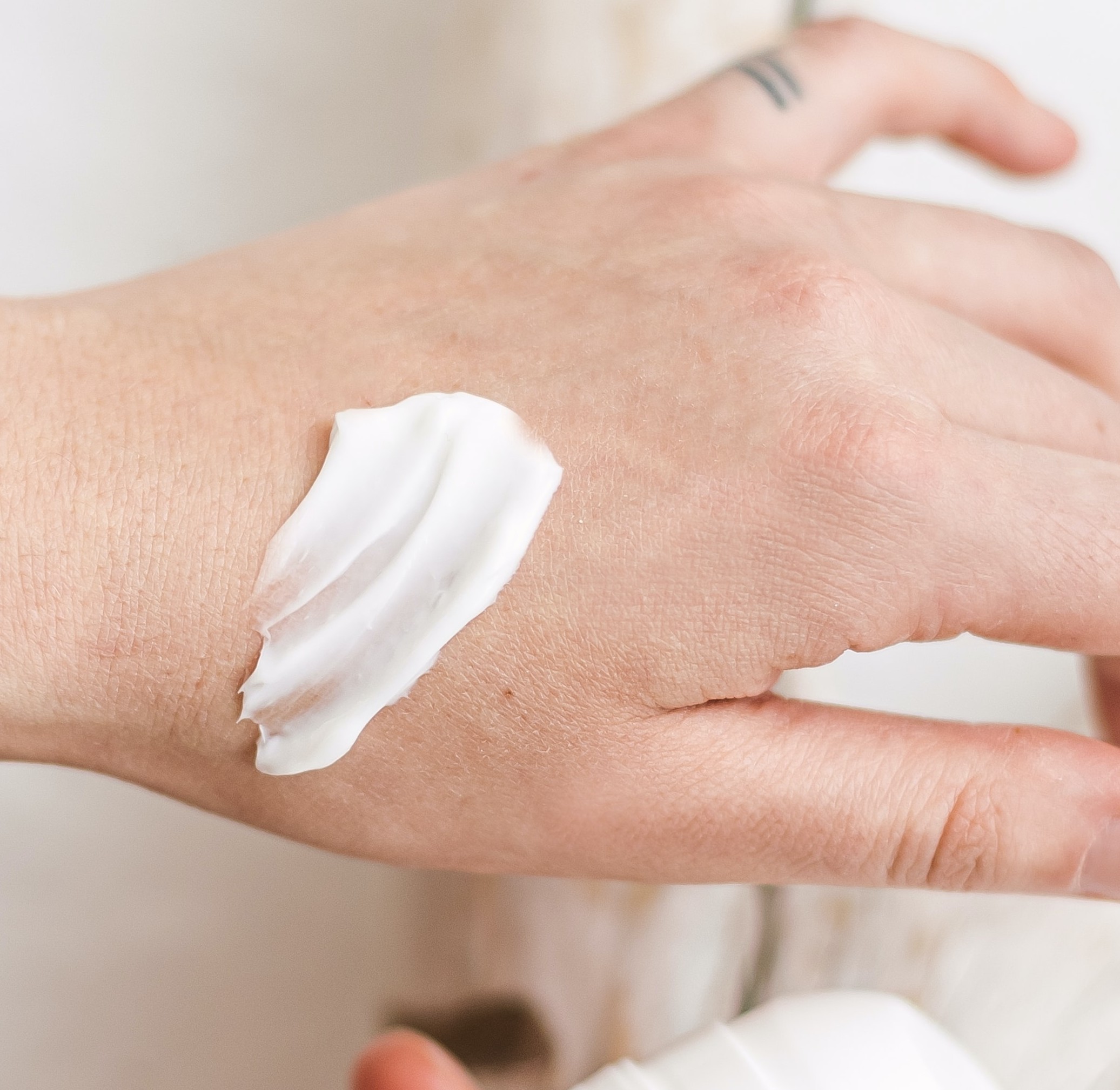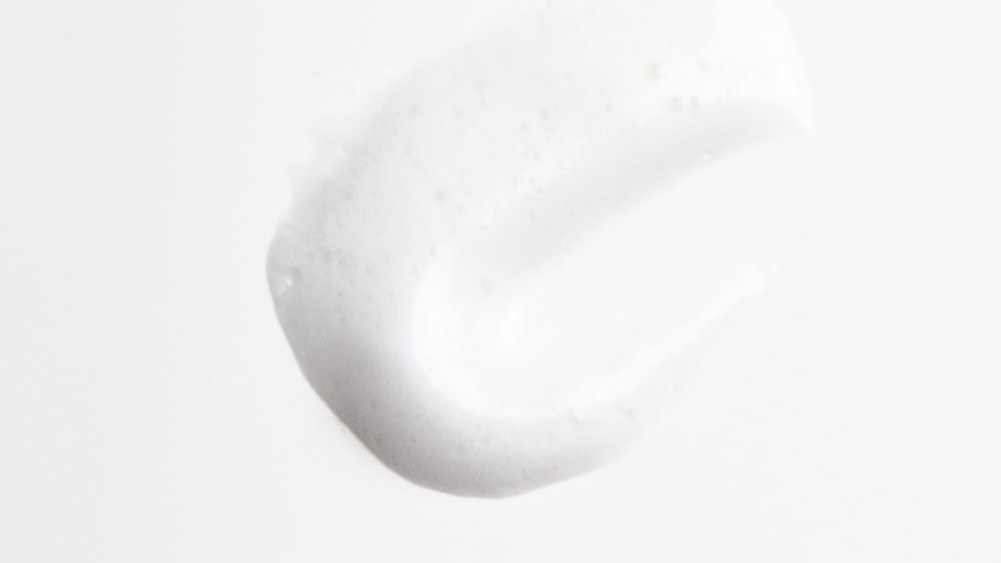Formulate user Anya wants to know if she can save some money on her skincare routine:
Are moisturizer and body lotion basically the same thing, or is there actually a difference between them? They seem to do the same thing to my skin, it's just that the moisturizer that I use for my face is a ton more expensive, even though it's much less product. Couldn't I just use lotion on my face and skip the moisturizer? Like, I'm sure I'm not the first person to have this idea, so there's got to be a good reason people don't do this, right?
Thanks for writing, Anya. You bring up a super good point -- if moisturizers and lotions feel like they do the same thing, why are we told to use them differently? Why can't we all just save some money by rubbing dollar store lotion on our faces?
There are a bunch of reasons not to. While both are meant to make your skin feel smoother, softer, and better all around, but they have different ways of going about it.
The biggest formulation difference between the two is the amount of water that each product contains. Per Nurse Practitioner Maegan Griffin: "When thinking about moisturizer and lotion, it's important to understand that they essentially do the same thing, helping to hydrate the skin, but have different ingredients and benefits. Lotions have more water than moisturizers, and do not penetrate as deeply into the skin as moisturizers do. Lotions also typically contain more added ingredients than moisturizers, as well as more preservatives to help fight against bacteria." This need for extra preservatives totally makes sense -- water based products are more prone to bacterial contaminants, so the preservatives are there for a good reason.
Griffin continues: "Moisturizers, on the other hand, have a heavier consistency and are formulated to improve your skin's hydration and overall appearance. Many moisturizers also work to reduce the appearance of wrinkles, fight acne, or even out skin tone." That last bit is key to why moisturizers are so darn expensive in comparison to lotions. Facial skin tends to be far more sensitive than the skin on the rest of our body: rub anything too harsh on it and you could end up blotchy for days. It's also the area that many of us are most concerned about changes -- we demand products that prevent wrinkles, tighten skin, treat acne... the list could go on and on. Thus, the moisturizers that we use on our faces require a little something extra compared to the lotions we use on our bodies.

According to Dr. Paula Morgan, board-certified dermatologist and consultant for Better Goods, that little something-something can cost a pretty penny for manufacturers. "Moisturizers are specifically formulated to target common concerns like acne, blemishes, or flaky skin. This uses ingredients--generally, in low concentrations--that are expensive to source for manufacturers. Specialty extracts can run into the tens of thousands of dollars per kilogram to source, and this price is passed onto you as the consumer." So yes, sad news: apparently there really is a reason that some moisturizers are so darn expensive. If you really want to target a specific issue for your face, say, blotchy redness or crows feet, you need to use a moisturizer that's designed to do it instead of standard issue body lotion.
So let's say that you just want the skin on your face to be hydrated, and you don't want any of that extra fancy acne/wrinkle-fighting stuff. Can you just use lotion then? Unfortunately, our experts still say no. Per Dr. Morgan: "Your facial skin is a lot thinner and delicate than the skin on the rest of the body, and tends to also be more sensitive. For this reason, the needs of the facial skin vs body skin are different, creating the need for different products."
She continues: "Simply put, products for the body are generally heavier, stronger, or more exfoliating than you would want to use on the face. Body lotions are often formulated to combat common concerns like cellulite or spider veins. Repeated use of body creams on the face might cause issues like breakouts, dry skin, stinging and burning, or redness. It can be tempting to use a body lotion on the face, especially when comparing prices, but ultimately these products are designed for different purposes and using them interchangeably is not recommended."

You'll also want to keep an eye (seriously, your vision could be at stake here!) on allergens: "Many body lotions contain fragrances, which can be highly irritating to the face and eyes, especially if you suffer from sensitive skin. Furthermore, some lotions may use ingredients that are not recommended to be used around the eyes."
Finally, don't forget the ick factor: "The formulations of moisturizers vs body lotions are vastly different, because they are formulated for different purposes. Moisturizers are typically thinner and lighter in application than lotions, and using a body lotion on the face can feel heavy and greasy."
All in all -- body lotion is for the body, and moisturizer is for the face.
Wanna learn more about the ins and outs of personal care? Here's what you should read next:
"My Hair Is Naturally Curly But Won't Curl Anymore"
5 tips for getting your natural curls back
Flyaway Hairs: How To Tame 'Em
Buh bye, flyaways!
Curly Hair & Humidity
Your how-to guide for dealing with curly hair in the humidity.
Oil Training Hair: Q&A With A Dermatologist
Everything you need to know about oil training your hair
Curling Hard To Curl Hair: A How-To Guide
Let's curl that hair!
Two different ways to straighten natural hair




